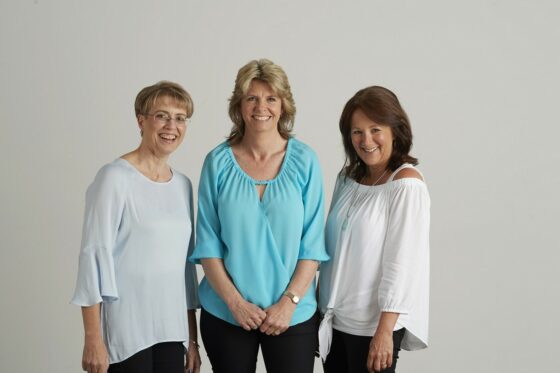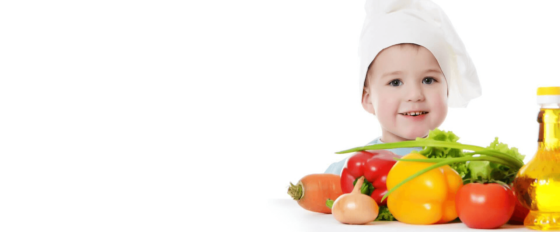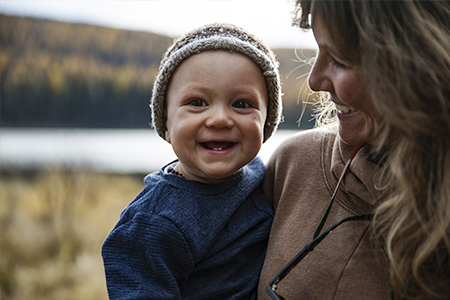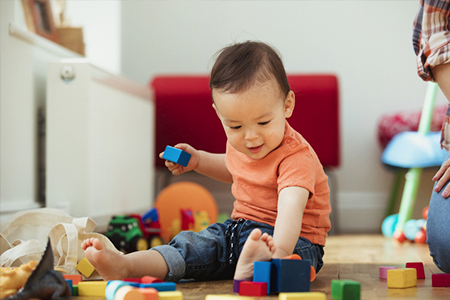Coronavirus – Frequently Asked Questions
We would like to share expert answers from the World Health Organisation (WHO) on the most frequently asked questions around the Coronavirus and pregnancy, breastfeeding and bottle feeding. We have also prepared information on WHO’s recommendations on how to protect your family from risk of spreading the virus.
I’m pregnant
Can pregnant women pass the Coronavirus to unborn children?
At this time, there is not enough evidence to determine whether the virus is transmitted from a mother to her baby during pregnancy, or the potential impact this may have on the baby. This is currently being investigated. Pregnant women should continue to follow appropriate precautions to protect themselves from exposure to the virus, and seek medical care early, if experiencing symptoms, such as fever, cough or difficulty breathing.
Please consult your healthcare professional in case of any questions or concerns.
I’m breastfeeding
Is it safe for a mother to breastfeed if she is infected with the Coronavirus?
All mothers who have symptoms of fever, cough or difficulty breathing, should seek medical care early, and follow instructions from a health care provider.
Considering the benefits of breastfeeding and the insignificant role of breastmilk in the transmission of other respiratory viruses, the mother can continue breastfeeding, while applying all the necessary precautions, subject to medical advice.
For symptomatic mothers well enough to breastfeed, this includes wearing a mask when near a child (including during feeding), washing hands before and after contact with the child (including feeding), and cleaning/disinfecting contaminated surfaces – as should be done in all cases where anyone with confirmed or suspected the Coronavirus interacts with others, including children.
If a mother is too ill, she should be encouraged to express milk and give it to the child via a clean cup and/or spoon – all while following the same infection prevention methods, subject to medical advice.
If you have any further questions, contact your doctor.
My baby is between 0 and 6 months
What should I do if my baby has symptoms of the Coronavirus?
Seek medical attention as early as you can.
Does the Coronavirus affect babies?
This is a new virus and the World Health Organisation does not know enough yet about how it affects babies or pregnant women. What they do know is that it’s possible for people of any age to be infected with the virus, but so far there have been relatively few cases of the Coronavirus reported among children and none in babies. The virus is fatal in rare cases, so far mainly among older people with pre-existing medical conditions. If you have any further questions, contact your doctor.
Can a baby wear a mask to go outside?
As masks have certain airtightness, they may be uncomfortable for your little one under 1 year old. Therefore, to limit risks, you can follow the different recommendations from the World Health Organisation to help protect you and your baby from the Coronavirus. And to be really safe, you should limit exposure of your child as much as possible to crowds.
If you have any further questions, contact your doctor.
My baby is between 6 and 12 months
What should I do if my child has symptoms of the Coronavirus?
Seek medical attention as early as you can.
Does the Coronavirus affect babies?
This is a new virus and not enough is known yet about how it affects babies or pregnant women. It is possible for people of any age to be infected with the virus, but so far there have been relatively few cases of the Coronavirus reported among children and none in babies. The virus is fatal in rare cases, so far mainly among older people with pre-existing medical conditions. If you have any further questions, contact your doctor.
Bottle feeding and infant formula
How should milk powder’s utensils be disinfected?
The bottles, nipples, scoops and bowls used by the baby must be disinfected; please clean them with clean water firstly, and then the appliances resistant to high temperature should be immersed in the pot and boiled for more than 30 minutes. The appliances not resistant to high temperature can be disinfected by wiping the surface with alcohol cotton. If you have any further questions, contact your doctor.
What if my child is stressed about Coronavirus?
Children may respond to stress in different ways such as being more clingy, anxious, withdrawing, angry or agitated, bedwetting etc. Respond to your child’s reactions in a supportive way, listen to their concerns and give them extra love and attention.
If you have any concern for the mental health of your little one, you should consult with your healthcare professional.
For more information visit the World Health Organisation (WHO) website.
This information is not intended to be a substitute for professional medical advice. Always seek the advice of a healthcare professional if you have any questions or concerns.

Want to know more? Call us on 1800 842 098 or Live Chat now.
Track your baby’s development
Get month-by-month advice on your baby’s development



